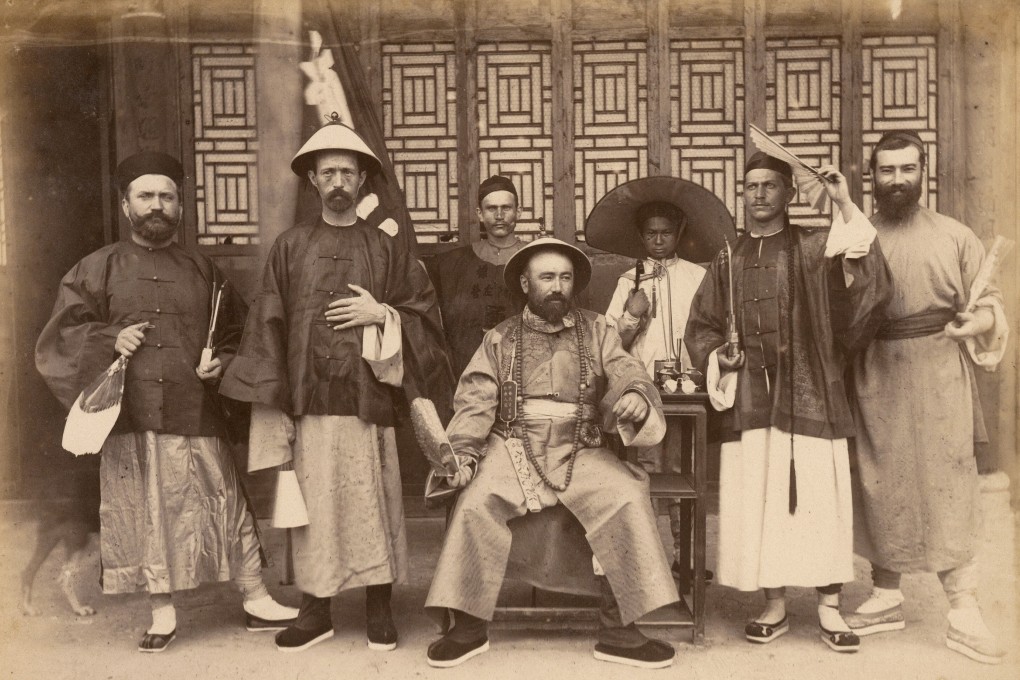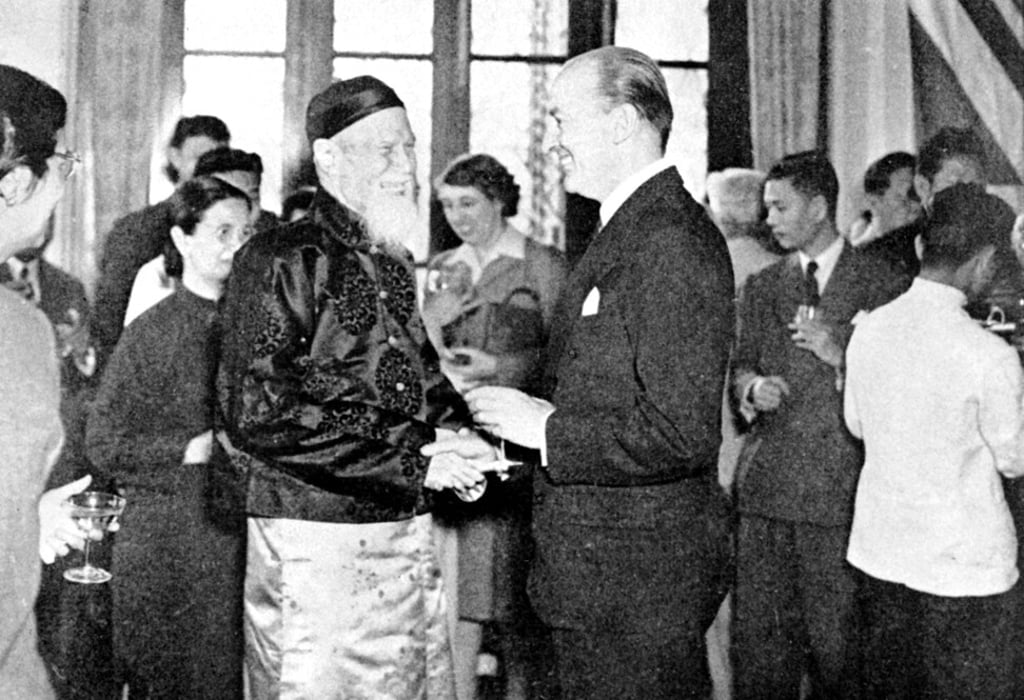Then & Now | Cranks and eccentrics: the Westerners who tried to assimilate in Asia
- Foreigners attempting to integrate into Eastern societies have long been seen as odd, from both sides of the ethnic divide
- Missionaries were an exception, often encouraged by their churches to Orientalise themselves

“Orientalist”, in both scholarly and popular writing, has been a term of abuse ever since the publication of Edward Said’s deliberately controversial polemic Orientalism: Western Conceptions of the Orient (1978). This now-pejorative word generally refers to a “white” male authority on some aspect of “non-white” cultures. But there was a time – not that long ago – when “Orientalist” was an admiring label that recognised a consuming desire to learn about, know and understand cultures and societies profoundly different from one’s own.
Instead of reinforcing a sense of racial or cultural superiority – as Said and his acolytes wearily insist – why could it not equally end, as the late Belgian sinologist Pierre Ryckmans noted, “in admiration, wonderment, increased self-knowledge, relativisation and readjustment of one’s own values, and awareness of the limitations of one’s own civilisation?”
Alexander Grantham, governor of Hong Kong from 1947 to 1957, pithily observed Orientalists in his chatty memoir Via Ports: From Hong Kong to Hong Kong (1965). “A few Westerners become almost Oriental in their mental make-up,” he wrote. “But whilst they cease to be European, they do not become completely Asian and are neither one thing nor the other. Neither race accepts them; but of this fact, they are pathetically unaware.”

To assume that all Westerners came from – or remained within – mental states characterised by a sense of their own superiority was to combine the scholarly with the mercantile, and assume – with unconscious racism – that all Europeans who lived long in Asia were fundamentally the same.
Those Europeans who became deeply integrated in various parts of Asia were unquestionably unusual. From the 18th century until the present, for mercantile types completely out of their depth in the complexity of the Asian worlds within which they found themselves living for large tracts of their lives, the “gone native” Westerner was an easy target to sneer at.
